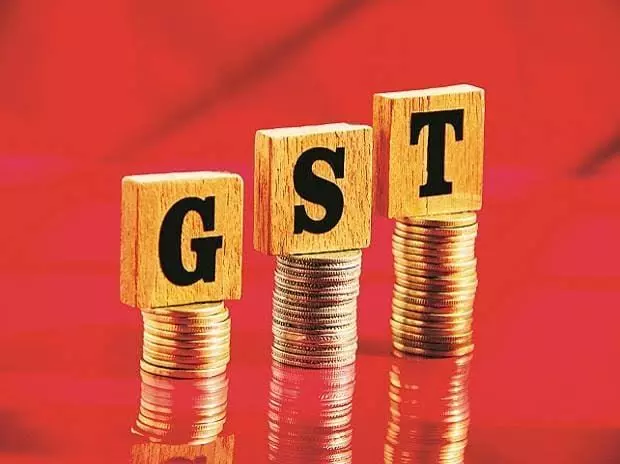
The historical verdict that reminded everyone of federal values
text_fieldsThe introduction of the Goods and Services Tax (GST) was one of the most important measures among the Narendra Modi government's 'economic reforms'. Introduced with the beautiful slogan 'One Nation, One Tax', the new system utterly failed for a number of reasons. Beyond the structural flaws, the political agenda behind the GST was also very dangerous. The Modi government also aimed at the Centre's unilateral encroachment on the financing rights of the states with the introduction of a unified tax system. And they succeeded in it. Opposition states, including Kerala, which is ruled by non-BJP parties, have suffered the most from this 'economic reform'. The Centre has often misused the GST as a major weapon to rein in such politically opposing states.
The Centre has been repeatedly troubling such states by not paying their arrears and compensation in a timely manner. Therefore, states including Kerala are in a dilemma of having to reach out to the Centre even for day-to-day expenditure. The Supreme Court has finally spoken out against this economic fascism that has continued for the past five years. A bench headed by Chandrachud passed the order which observes that the Centre and Parliament have equal rights to legislate on goods and services tax and that the recommendations of the GST Council, which includes Union and State Ministers, are of an advisory nature. In January 2020, the Gujarat High Court issued a judgement against undue interference of the Centre in GST. The Centre had issued a notification on applying GST to goods imported into India by a foreign shipping company. The High Court quashed the notification on the ground that many of its provisions were unconstitutional. The historic judgement by the Supreme Court was made by rejecting the appeal that the Centre submitted against this. The significance of this ruling is that it is a reminder of the country's federal values, beyond mere technicalities. The Supreme Court has reminded us that in the federal system, one institution cannot wield more power over another. Only when the central and state governments work together on a cooperative basis can federal values become a reality rather than a concept. This also applies to GST. Both parties have the right to legislate under the GST. When there is a difference in opinion between such laws that are being framed, it is a setback for the Centre when the Supreme Court makes it clear that the law passed by Parliament should be given prominence or priority. The order also states that such legislation does not have to be subject to the recommendations of the GST Council.
In other words, the court has stayed the unreasonable infallibility of the Centre and the GST Council which has prevailed for the last five years. The intervention of the judiciary is not a minor relief to the opposition states including Kerala. As mentioned above, in the context of a court decision, these states don't have to wait for the Centre's mercy in many cases. And there is no doubt that this verdict is a heavy political setback for the central government and Hindutva fascists. In reality, the court has only interpreted Articles 246A and 279A of the Constitution in this case. The first is to empower Parliament and the state legislatures to legislate for the GST; The second is the details of the powers of the GST Council. Examining these two sections, the court did not have much difficulty in concluding that the Centre and the State had the same powers. It is during this context that the response of the Union Revenue Secretary is becoming relevant. It is true that the states have the same powers as the centre, But he said no one had used it to date. Or, even when the 'opposition states' protest against the Centre, it must be assumed that such a loophole has not been considered. If that is the case, the call to seize this opportunity can be inferred from the court's judgement. At the same time, the Centre may not be ready to relinquish the power that has been in its hands for so long. The court observed that the GST Council has only an 'advisory' mission. It should come as no surprise if the Centre comes up with legislation that would give the ultimate decision making roles to recommendations and decisions of the GST Council by overcoming this observation and the court's judgement.






















